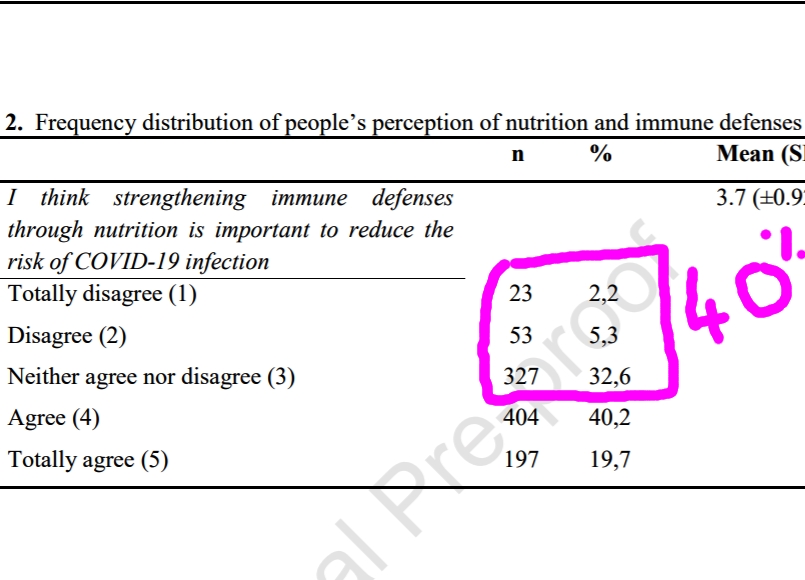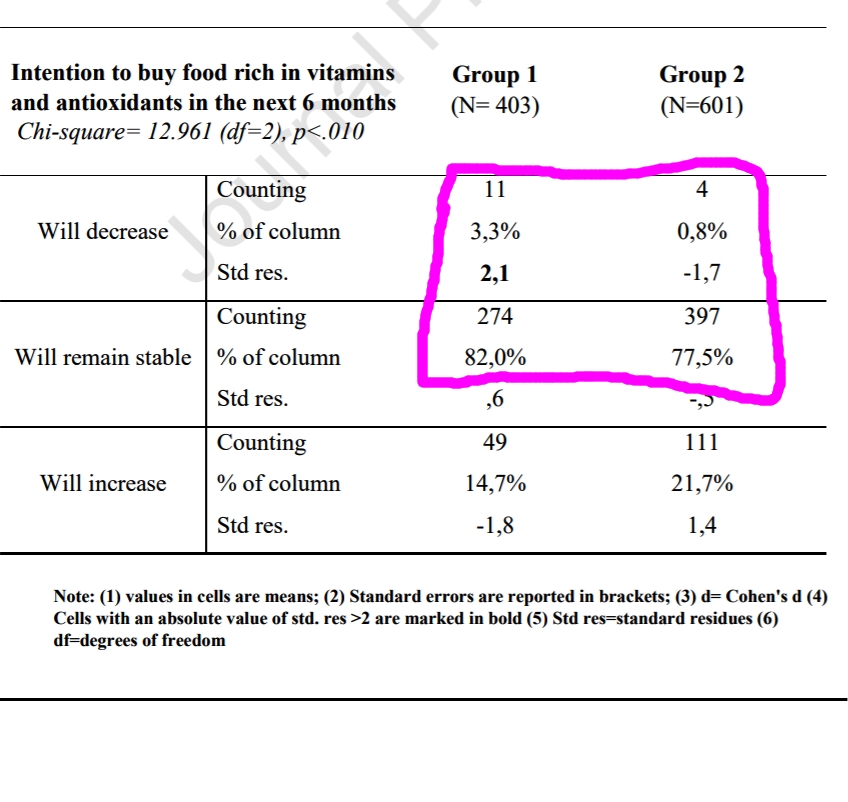COVID-19 disease and nutritional choices: how will the pandemic reconfigure our food psychology and habits? A case study of the Italian population
Mariarosaria Savarese October 21, 2020
Highlights
• In Italy, COVID-19 disease preventive measures risk worsening people’s diet.
• People’s perceptions about the role of food in disease prevention has not been explored.
• 40% of Italians perceive nutrition as not important to reduce contracting COVID-19.
• This perception affects actual and future food consumption.
• Listening to people is fundamental to enable behavioral change and disease prevention.
Background and Aims
In Italy, the spread of the novel coronavirus (SARS-Cov-2) required lifestyle changes that have affected food choices and people’s health condition. We explore people’s perception of the role of food consumption as a preventive measure and how it reconfigures consumption habits.
Method and Results
We conducted an online survey of a representative sample of 1004 Italian citizens. Around 40% of the population perceive that strengthening the immune defenses through nutrition is not important to reduce the risk of COVID-19 disease infection. People with lower levels of perceived importance are slightly younger and have a less healthy lifestyle. They are less worried about the emergency. During the last months they have bought less food supplements and also intend to decrease their purchase in the next six months.
Conclusion
In COVID-19 pandemic, scholars underline the importance of having a strong immune system. However, the Italians who attribute less importance to food that helps the immune system seem to differ negatively in their psychological attitude towards the emergency and food consumption. Today, Italians are asked to engage in preventive food practices to protect against possible chronic diseases; exploring their perceptions is important to orient them toward this change.















